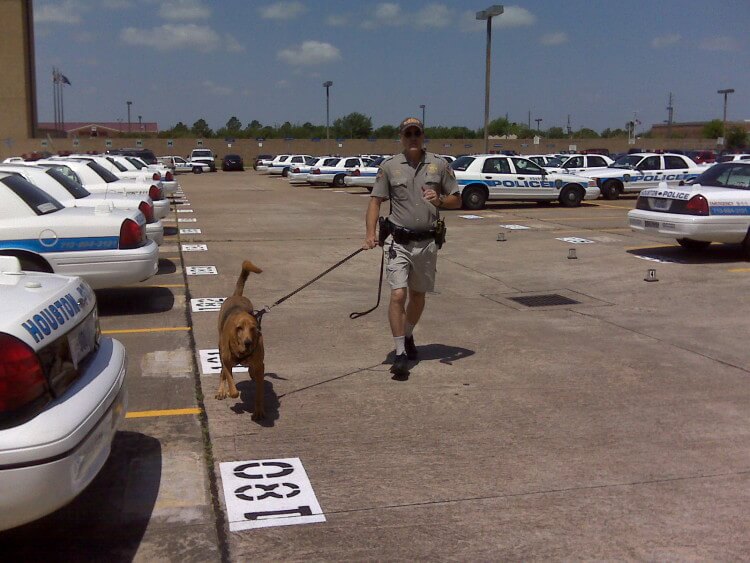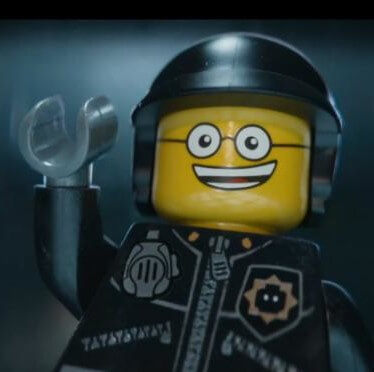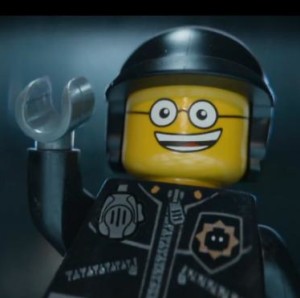
 Last year, I posted about a murder case wherein a Fort Bend County dog handler used three bloodhounds to conduct a “dog scent lineup” to match a suspect’s body scent to the scent of certain evidence from the crime scene. In that case, the CCA ruled that the scent evidence was not enough to establish that the suspect had committed the murder. The CCA did not comment on the admissibility of scent lineup evidence.
Last year, I posted about a murder case wherein a Fort Bend County dog handler used three bloodhounds to conduct a “dog scent lineup” to match a suspect’s body scent to the scent of certain evidence from the crime scene. In that case, the CCA ruled that the scent evidence was not enough to establish that the suspect had committed the murder. The CCA did not comment on the admissibility of scent lineup evidence.
Today, the First District Court of Appeals (Houston) issued an opinion in State v. Dominguez, another case involving the Fort Bend County dog handler. Much like the last case I posted about, the dog handler was used to match a murder suspect’s scent with the scent of certain evidence from the crime scene. This time, however, the scent lineup evidence did not even make it to the trier of fact. After hearing the views of competing experts, the trial judge ruled that the evidence was inadmissible as unreliable. Some of the flaws in the dog handler’s methodology that the court noted were:
- He carries around his “blind” non-suspect scent samples (called foil samples) in ziplock bags;
- His foil samples are old samples, while the scent sample of the suspect is fresh;
- He does not do negative runs where the sample of the suspect is excluded;
- He uses multiple dogs during each test rather than allowing the dogs to work alone; and
- He is mostly self-taught and his methodology is something he created.
On appeal, the State argued that the trial judge abused his discretion in refusing to admit the evidence. The First District upheld the trial judge’s ruling, holding that it was reasonable for the trial court of conclude that the scent lineup evidence was unreliable.
Now the courts have intervened twice to smack down the Fort Bend County dog handler’s “dog scent lineup” evidence. The question is: will they keep using the dogs in Fort Bend or will there be three former police bloodhounds on Craigslist by the end of the week?



 In a case released yesterday from the Texas Court of Criminal Appeals (
In a case released yesterday from the Texas Court of Criminal Appeals (





